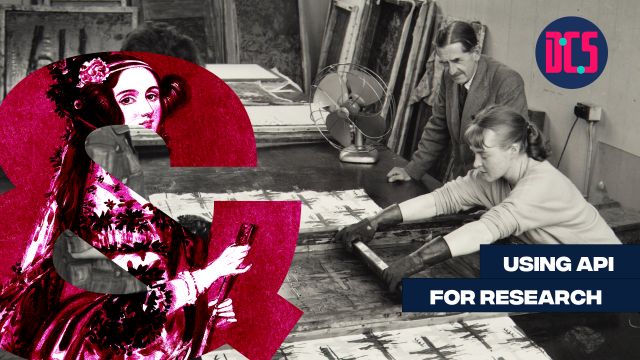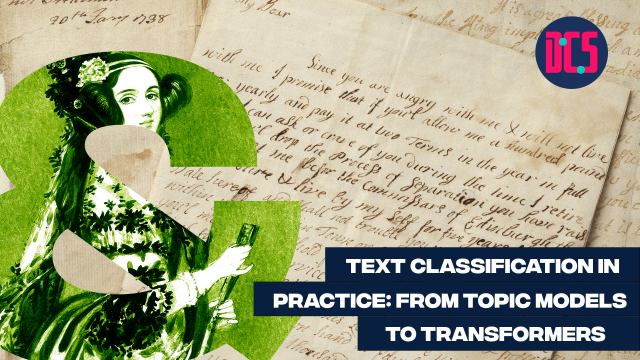Silent Disco: Introduction to Databases and SQL

Online
Managing data has become increasingly important in the Humanities and Social Sciences. Databases provide a powerful tool to allow for the storage, structuring and analysis of large amounts of data. In this workshop we will use SQLite, a flexible open-source database, to learn some of the basic concepts of database design and usage.
In this workshop, you will learn about:
-
Basic database design
-
Importing and exporting data
-
Querying datasets
-
Analysing your data
The workshop will take place via Microsoft Teams in a ‘Silent Disco’ format. Participants will work on the tutorial at their own pace. The facilitator will be available via Teams Chat to reply to any questions that arise during the workshop, and to help with installation, troubleshooting or other issues.
This is a beginner-level event. No previous knowledge of the topic is required/expected and the trainer will cover the basics of the method.
To attend this course, you will have to join the associated Microsoft Teams group. The link to join the group will be sent to attendees prior to the course start date, so please make sure to do so in advance.
If you’re new to this training event format, or to CDCS training events in general, read more on what to expect from CDCS training. Here you will also find details of our cancellation and no-show policy, which applies to this event.












